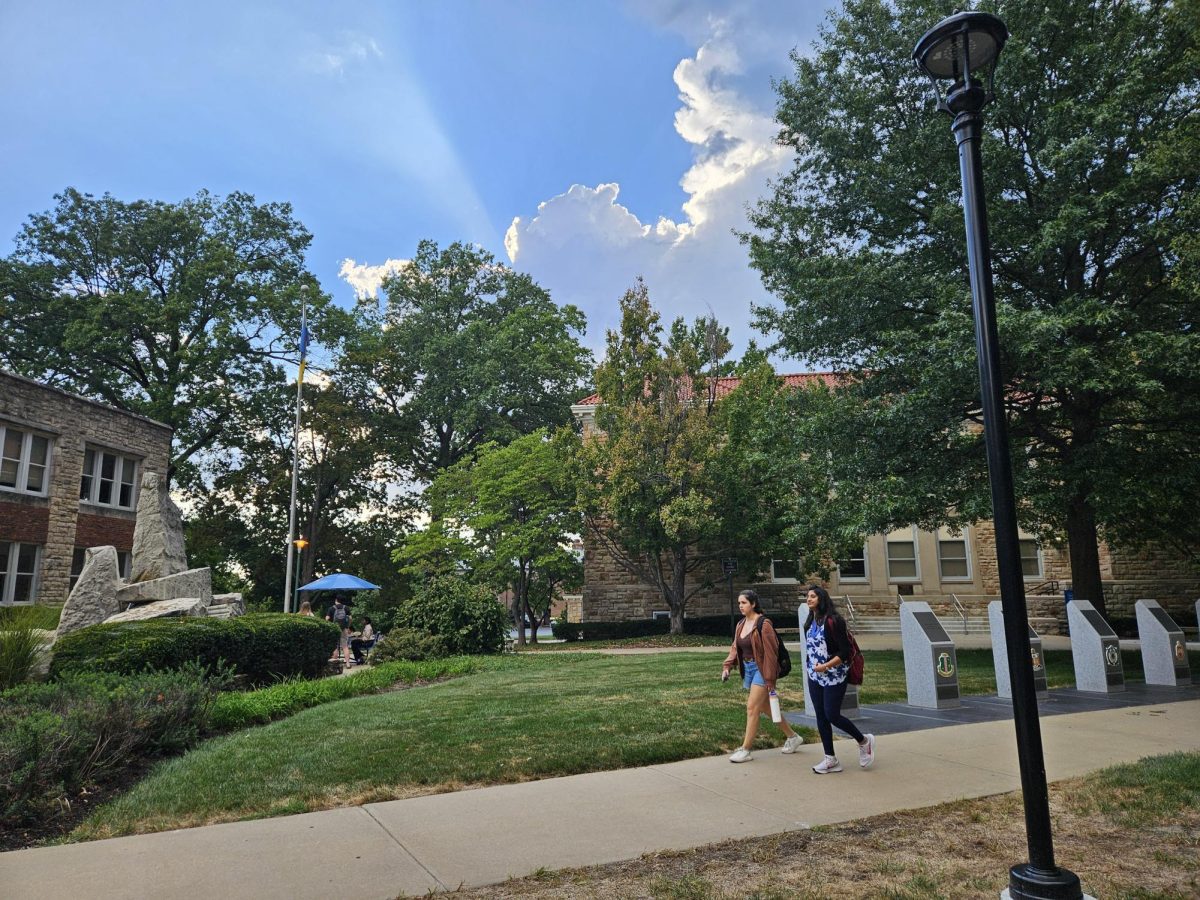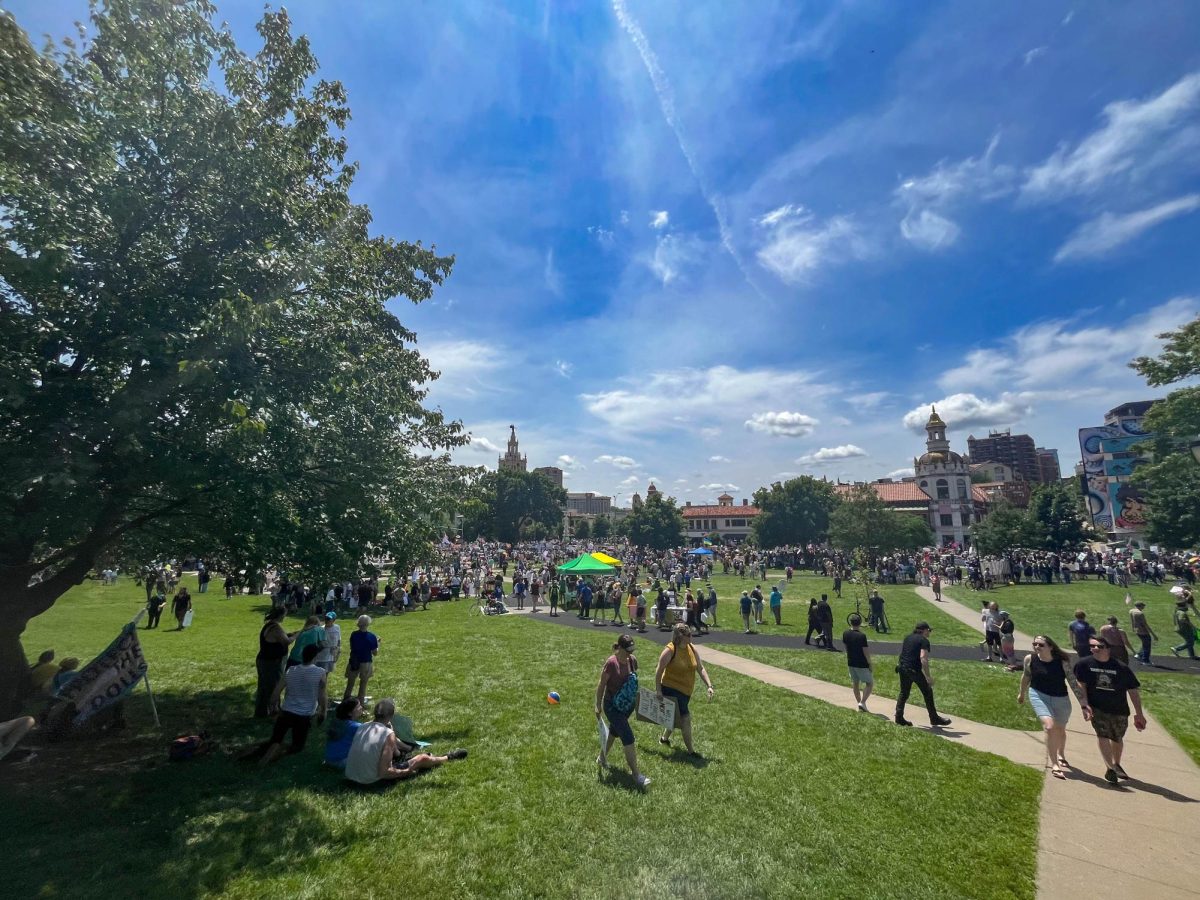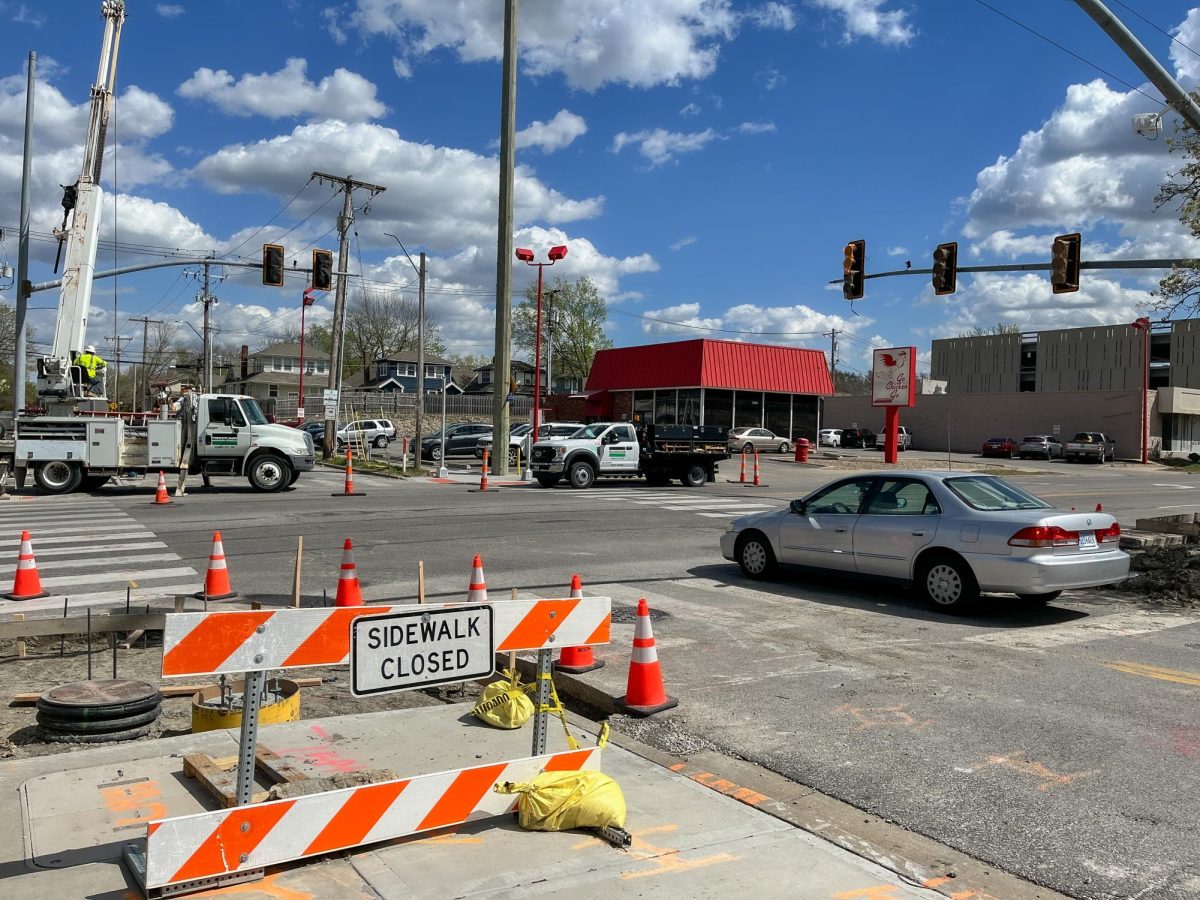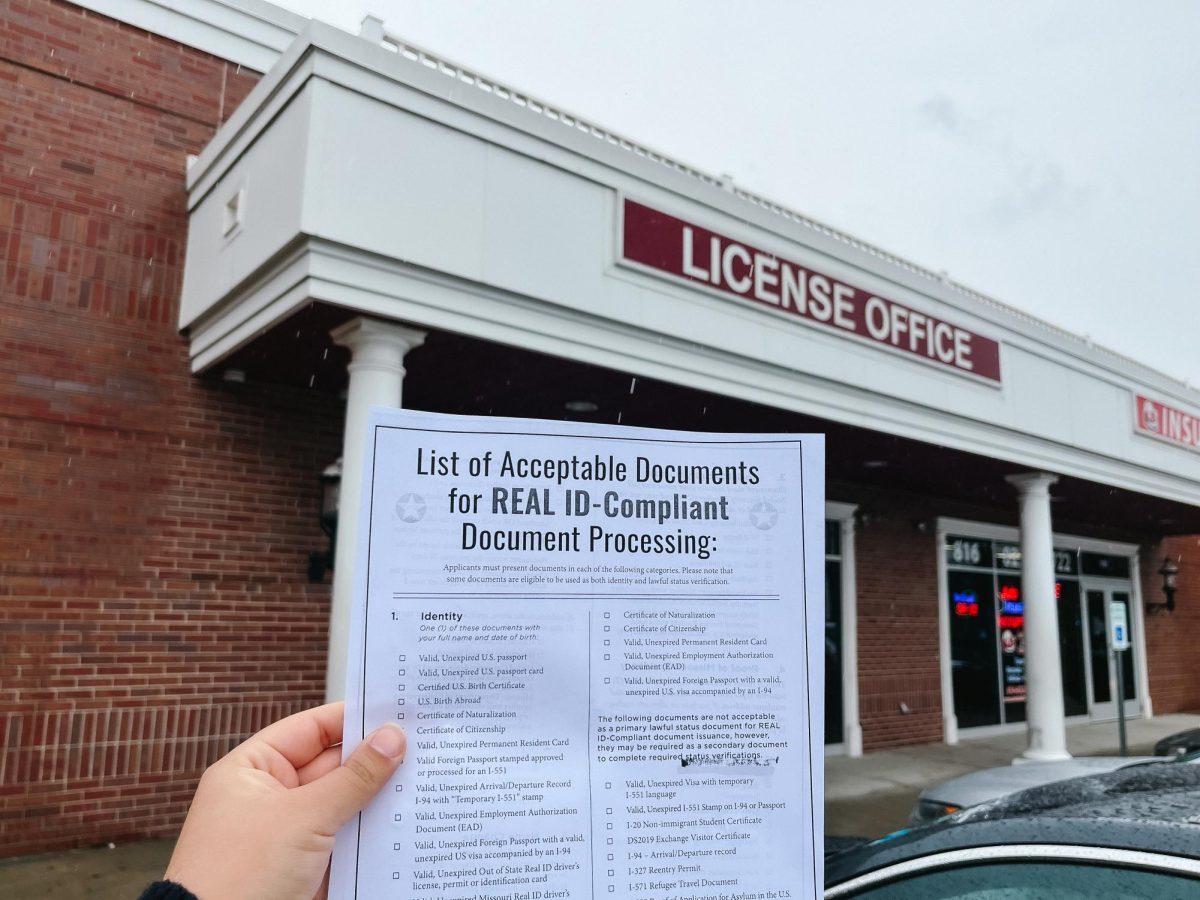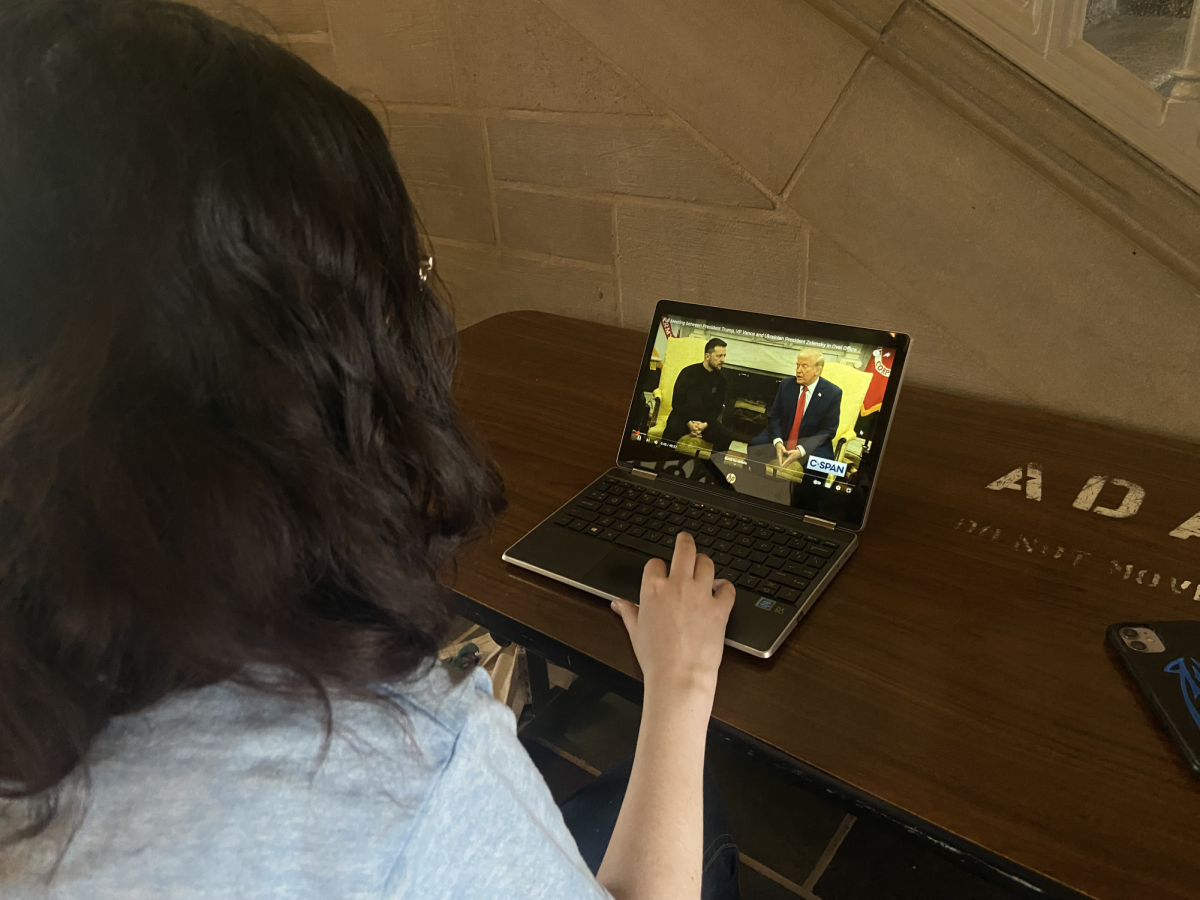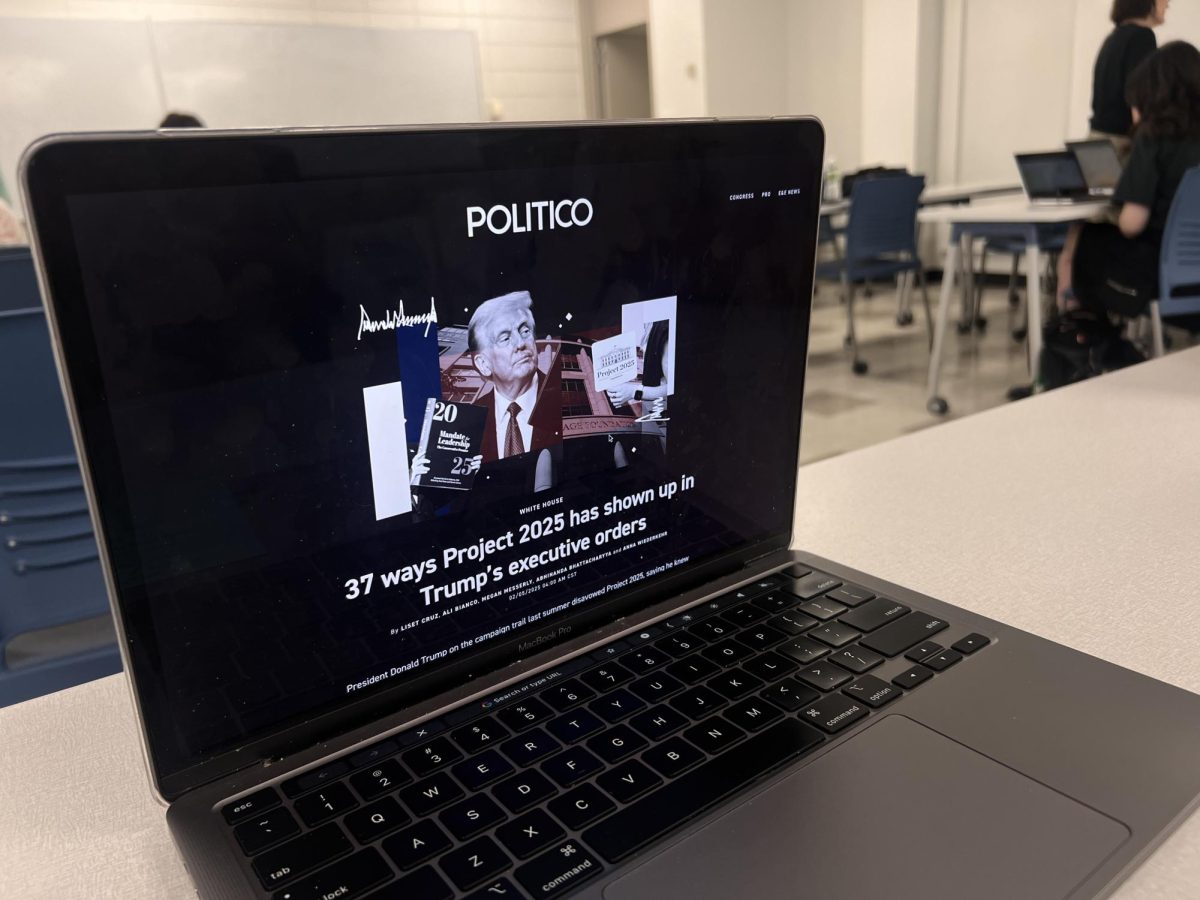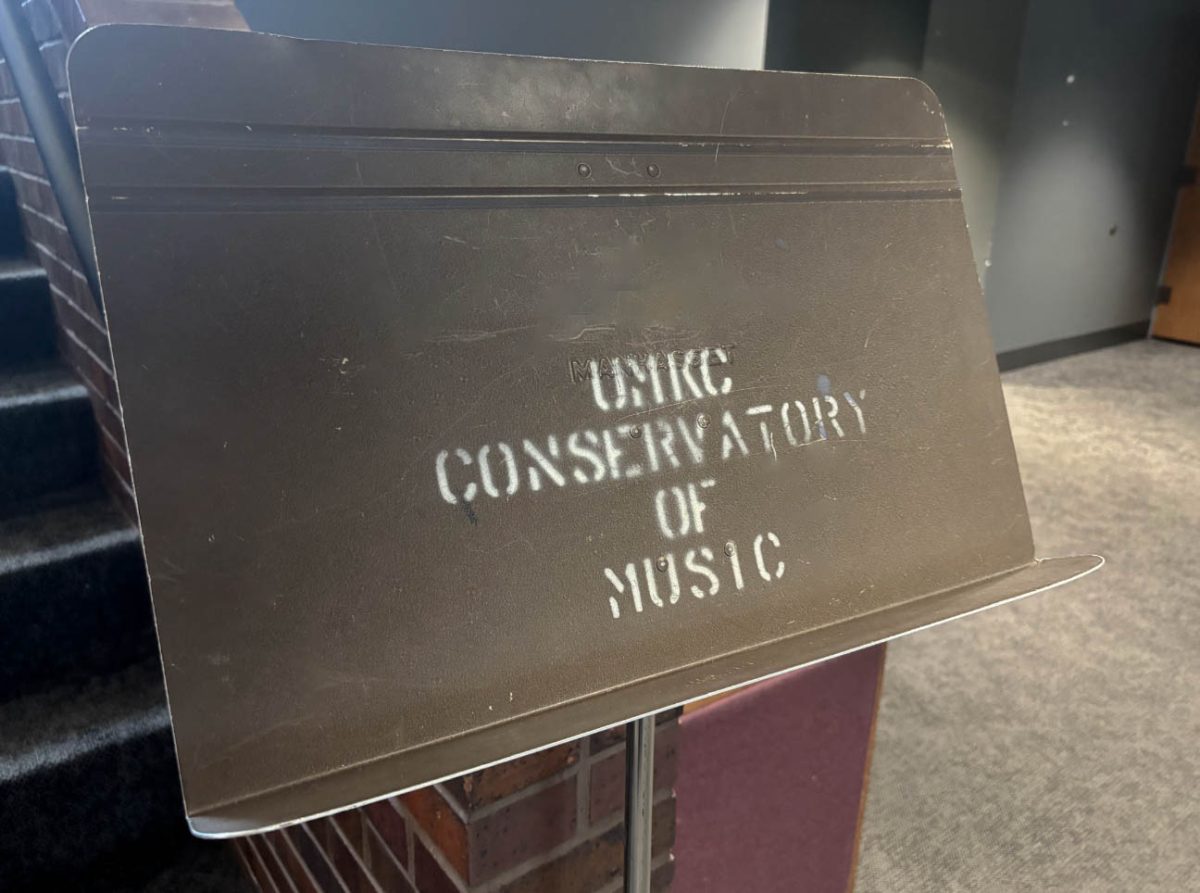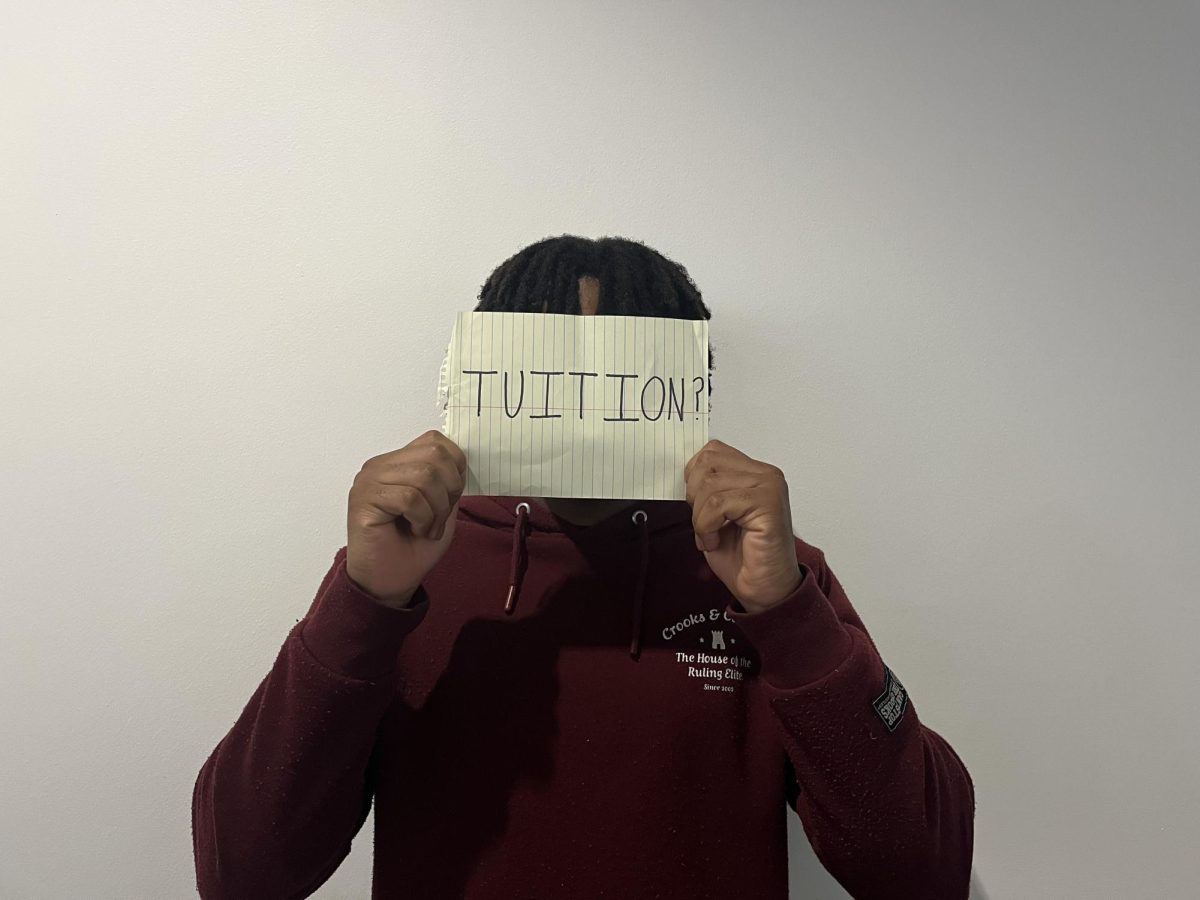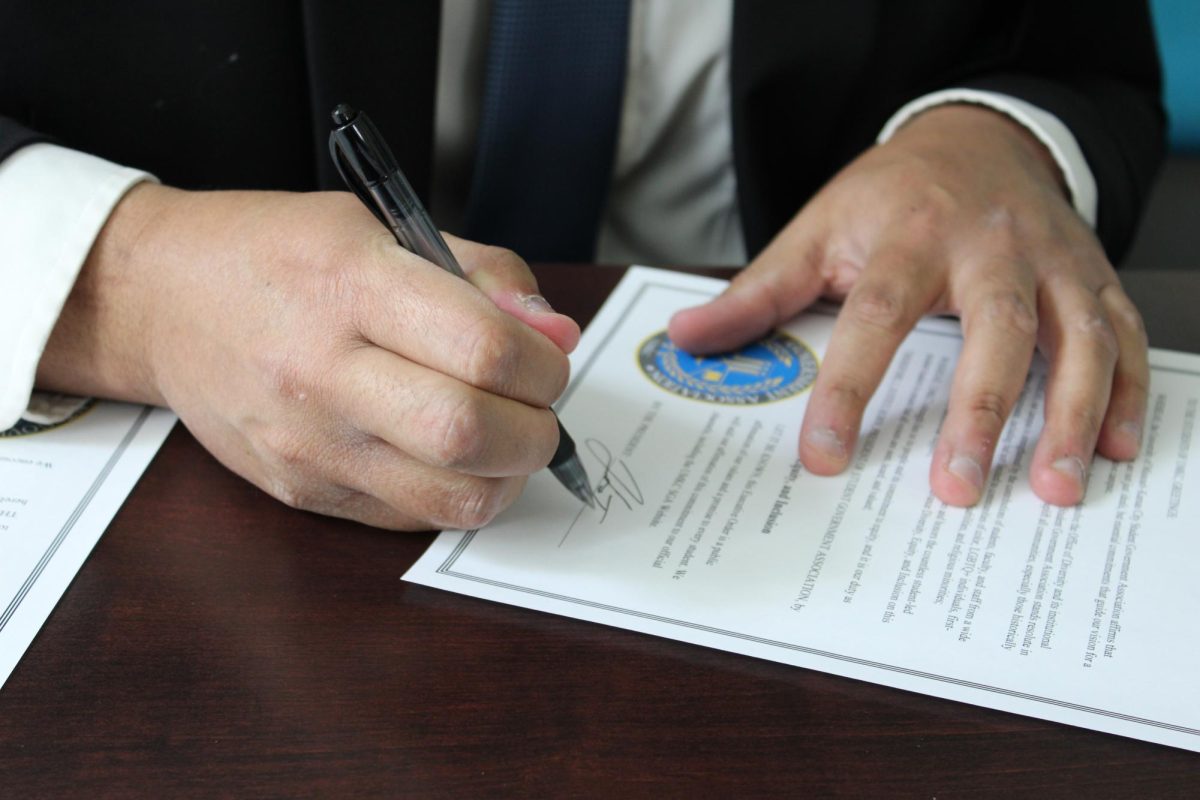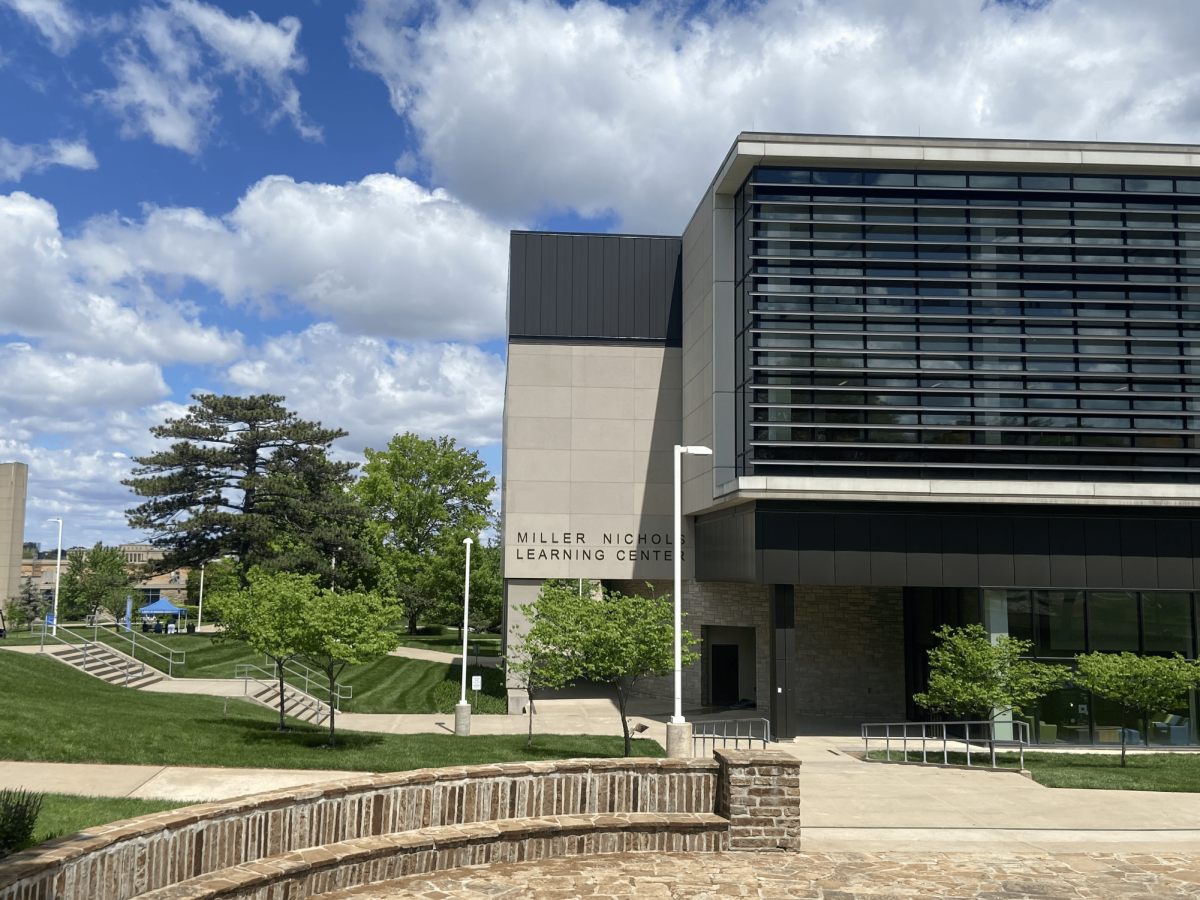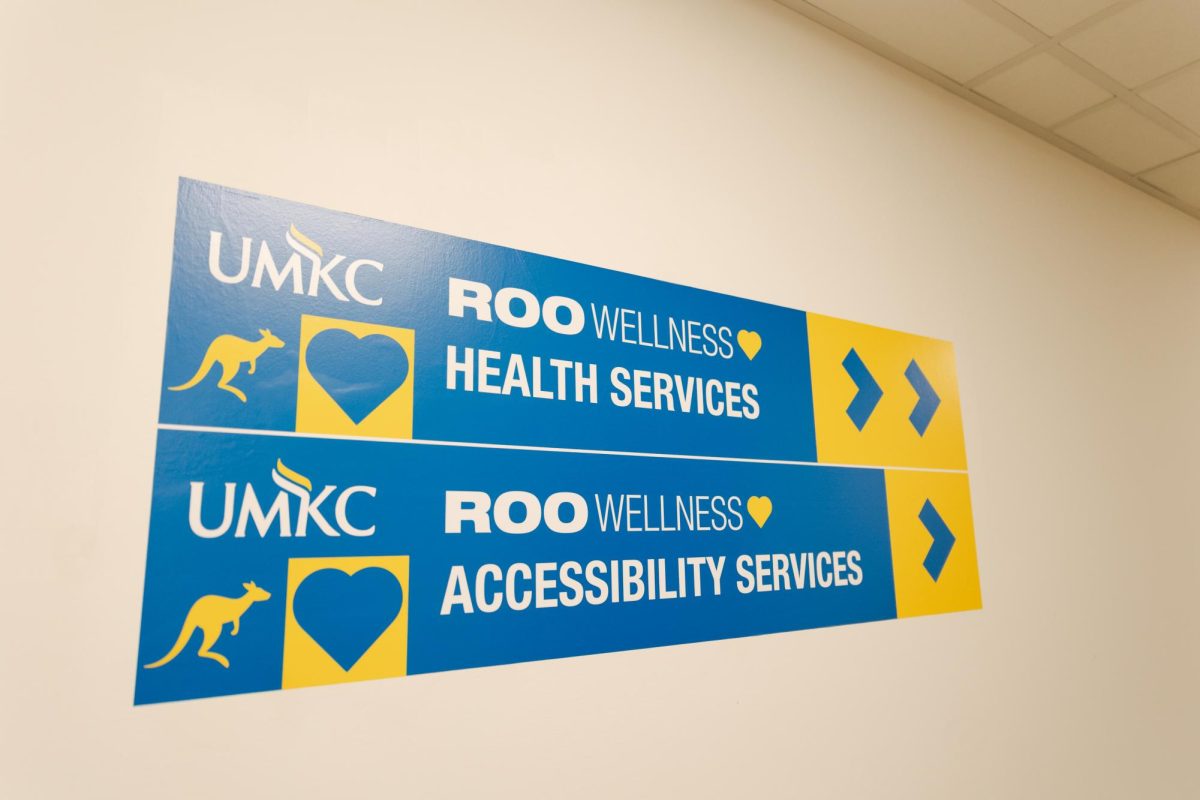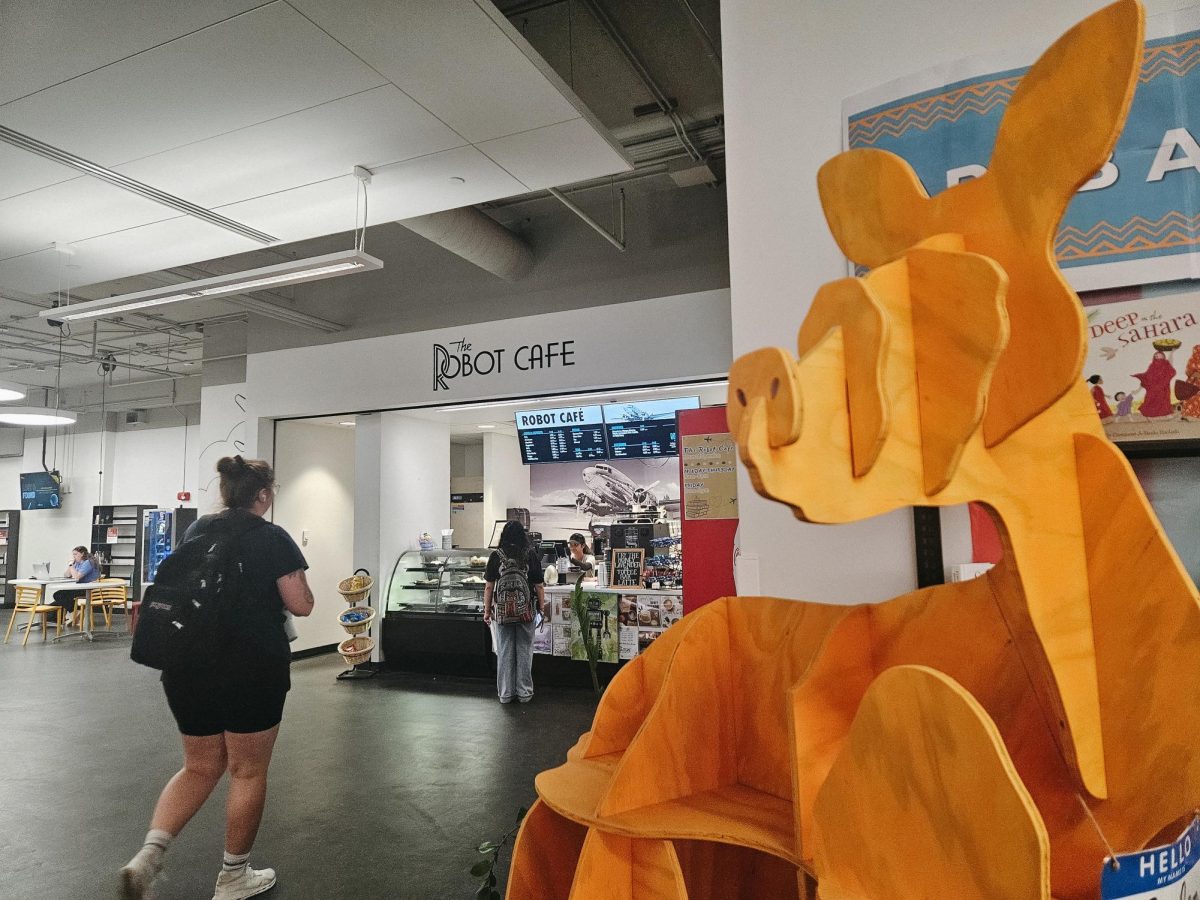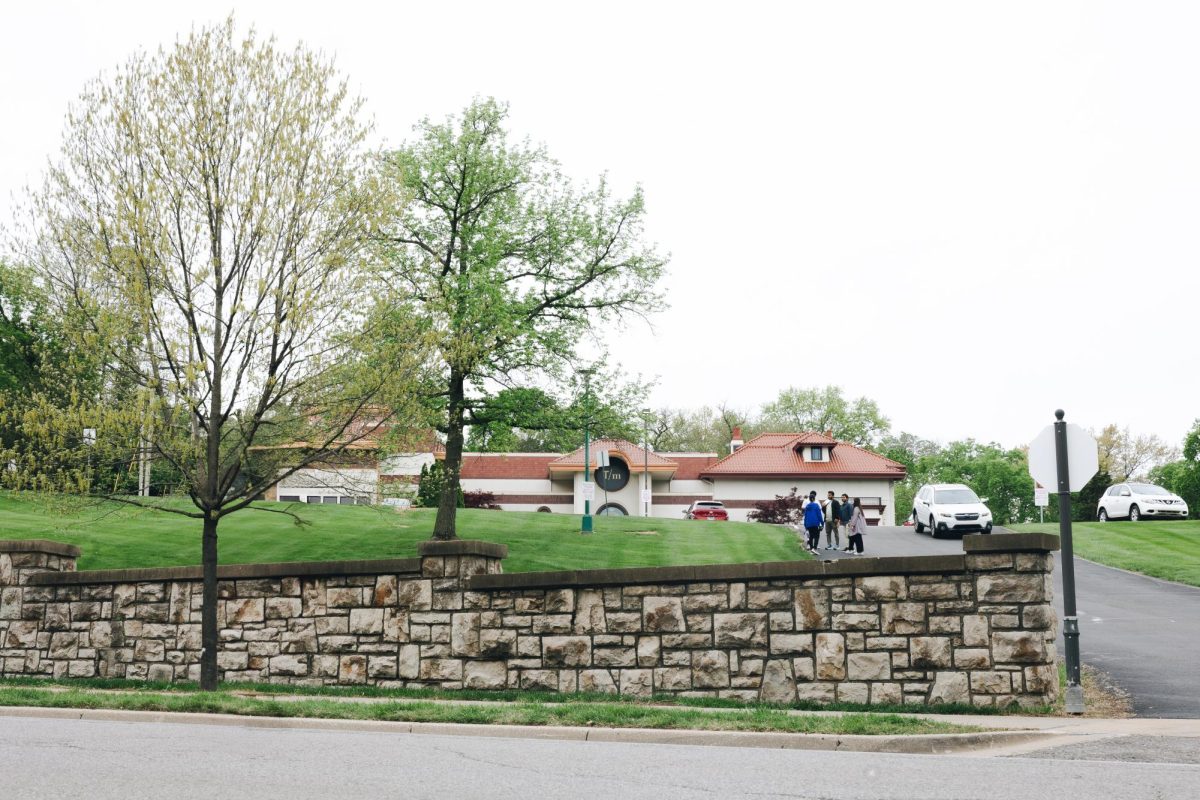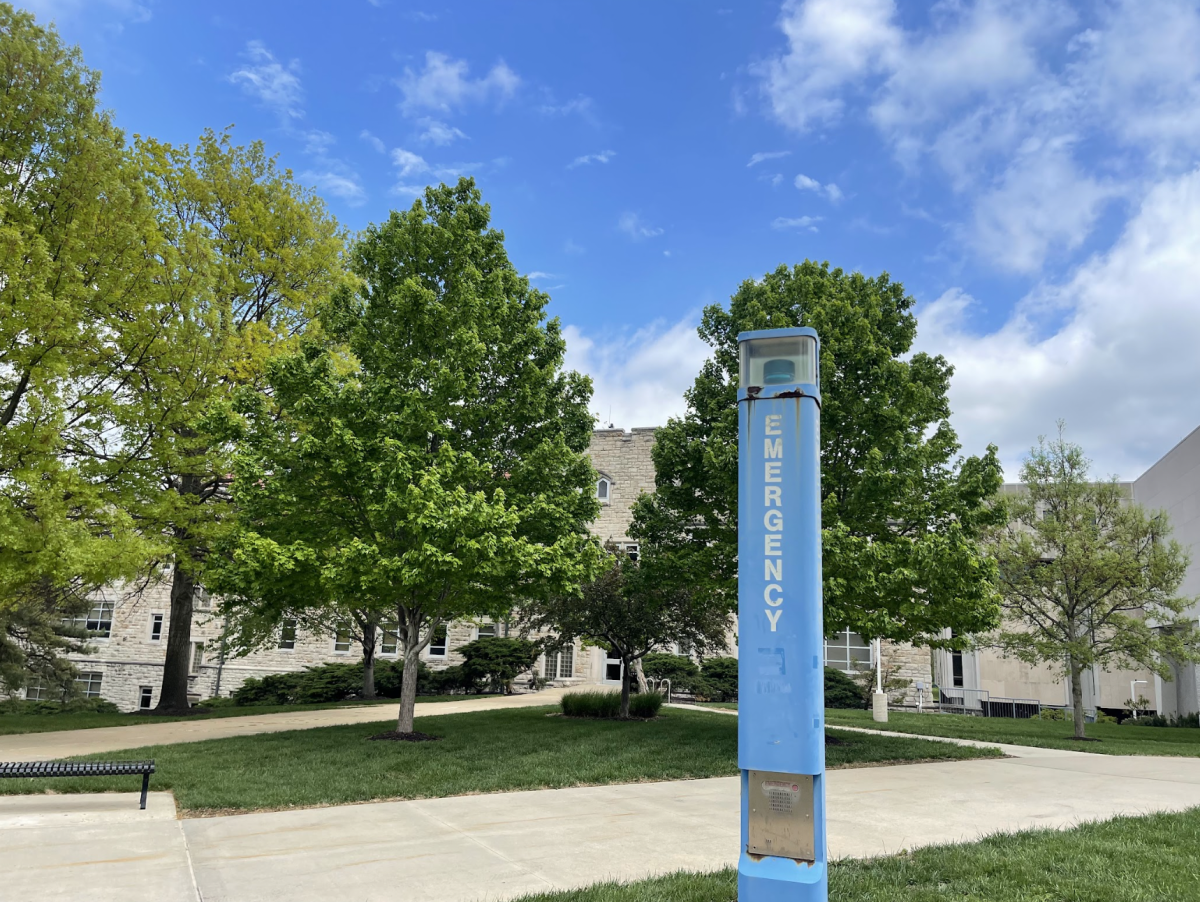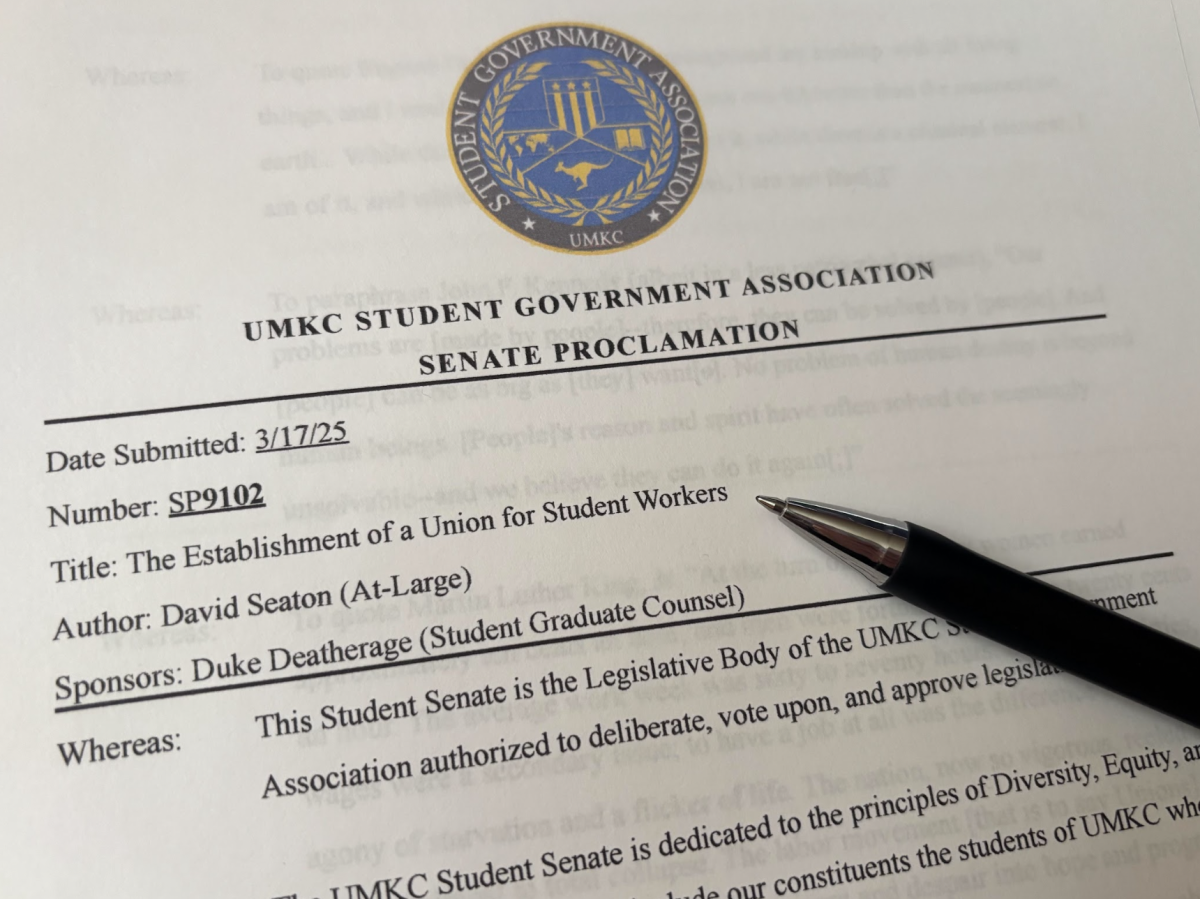For the second week of the semester and the final week of August, a heatwave has blanketed across the KC area, leaving the people of UMKC dealing with intense heat.
An advisory was put in place for temperatures in the nineties which felt like triple-digits. Many are feeling the heat of the new semester and the remaining summer season. Students and faculty across campus have been afflicted and are finding ways to deal.
“If it’s over 98, I don’t walk Disco, which means no walk for me either.” said English professor, Dr. Hadara Bar-Nadav, referring to her poodle. “I enjoy this time to get outside with my poodle, so we both miss it when it’s hot.”
She added when walks are possible, she seeks out shaded routes and keeps outings brief before retreating to air-conditioned spaces.
With the detrimental heat, concerns regarding the climate followed. Earth and environmental science professor Dr. Fengpeng Sun said that he and his students have been reviewing this recent heat wave.
As a climatologist and professor for the last 18 years, he weighed in on whether this weather episode is a concern for the climate.
“This heat has just arrived too late, normally it happens in late July or early August, but it happened this year at the end of August,” said Sun. “It kind of gives this idea that the heat wave could be happening at any time and not necessarily the traditional or peak time.”
It’s not just the KC Metro area, but the rest of the country is experiencing a heat dome. This phenomena has blanketed the nation and caused a high pressure system resulting in severe temperatures.
While research is ongoing and intensifying temperatures can be predicted with the effects of climate change, heat domes cannot be predicted in frequency yet.
“It’s a very hot topic in climate research,” said Sun. “We can predict the future climate, but there’s still a lot of uncertainties.”
These predictions are “depending on how much carbon emissions we are releasing into the atmosphere, which depends on what we’re doing right now,” said Sun. With the influence of carbon emissions on the climate, forecasting future weather and predicting the future climate is more difficult.
“What we are doing right now is going to have a big impact on the children and the grandchildren, the generations forthcoming,” said Sun. “If we want to have a sustainable future for the planet Earth, we need to do something nowadays.”


